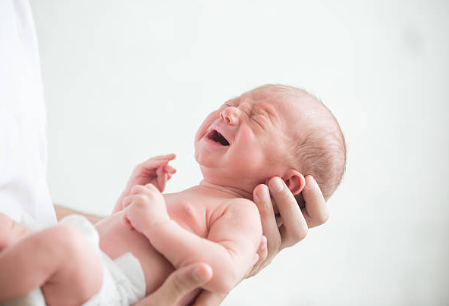Home > Knowledge Zone > Blog > Why does a newborn cry?

Why does a newborn cry?
Author : Natural Baby Care Team
Publication date: April 5, 2024
Reading time: 5 minutes
A newborn's cry is one of their first ways of communicating with those around them. This can be a challenge for new parents, but understanding the reasons for crying is crucial to providing comfort and support for your baby.
Check out cosmetics for your baby's delicate skin
While some cries may seem unrelated to a specific need, there's always a reason. It could be fatigue, nausea, overstimulation, or a need for contact with a parent.
Did you know that...?
Collapsible content
Dlaczego noworodek płacze przy przewijaniu?
Dlaczego noworodek płacze w nocy?
Czemu noworodek płacze przez sen?
Dlaczego noworodek płacze przy karmieniu piersią?
Dlaczego noworodek płacze przy puszczaniu bąków?
Czy to normalne, że noworodek płacze przez przez kilka godzin?
Dlaczego noworodek płacze na spacerze?
Dlaczego noworodek płacze bez smoczka?











